Don't Call Christina Later, Call Christina Now
Follow us
What to Do After a Car Accident?
Viewer Discretion Advised
This blog may contain graphic descriptions of car accidents and their aftermath. While the intent is to provide helpful information, some images or content may be distressing to sensitive readers.
Please proceed with caution.
What to Do After a Car Accident: Your Step-by-Step Guide
Car accidents can be stressful and overwhelming. Knowing what to do immediately after an accident can make a significant difference in how the situation unfolds. This guide will walk you through essential steps to take after a car accident, ensuring your safety and helping you navigate the aftermath effectively.
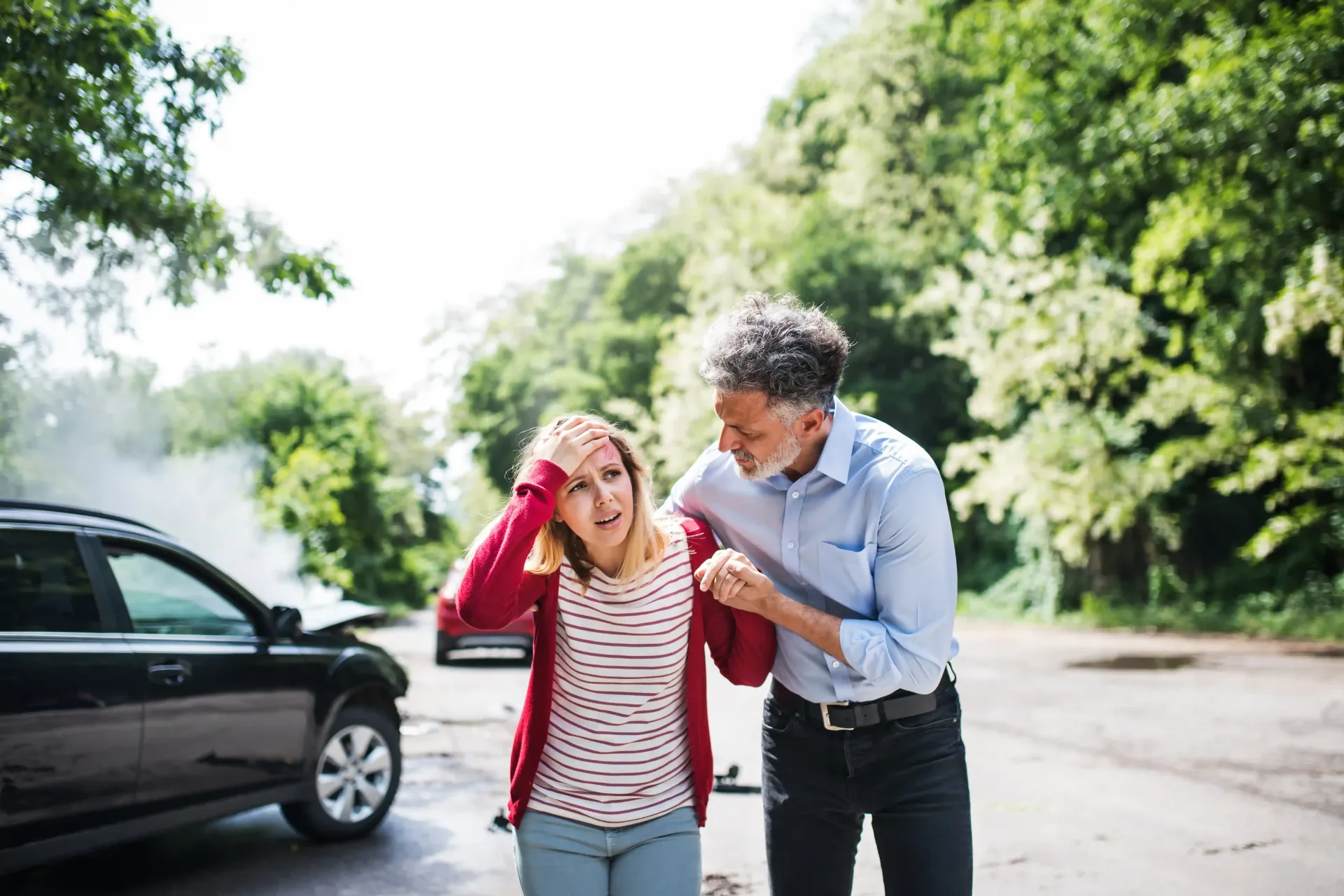
1. Ensure Safety First
- Check for Injuries: Quickly assess yourself and passengers for injuries. If anyone is hurt, call 911 immediately.
- Move to Safety: If the vehicles are causing a hazard, move to a safe location if possible. Turn on your hazard lights to alert other drivers.

2. Contact the Authorities
- Call the Police: Even if the accident seems minor, it’s essential to file a police report. This report can be crucial for insurance claims and legal matters.
- Provide Accurate Information: When speaking with the police, be honest and clear about the details of the accident. The police will document the scene and create a report.
2. Contact the Authorities
- Call the Police: Even if the accident seems minor, it’s essential to file a police report. This report can be crucial for insurance claims and legal matters.
- Provide Accurate Information: When speaking with the police, be honest and clear about the details of the accident. The police will document the scene and create a report.

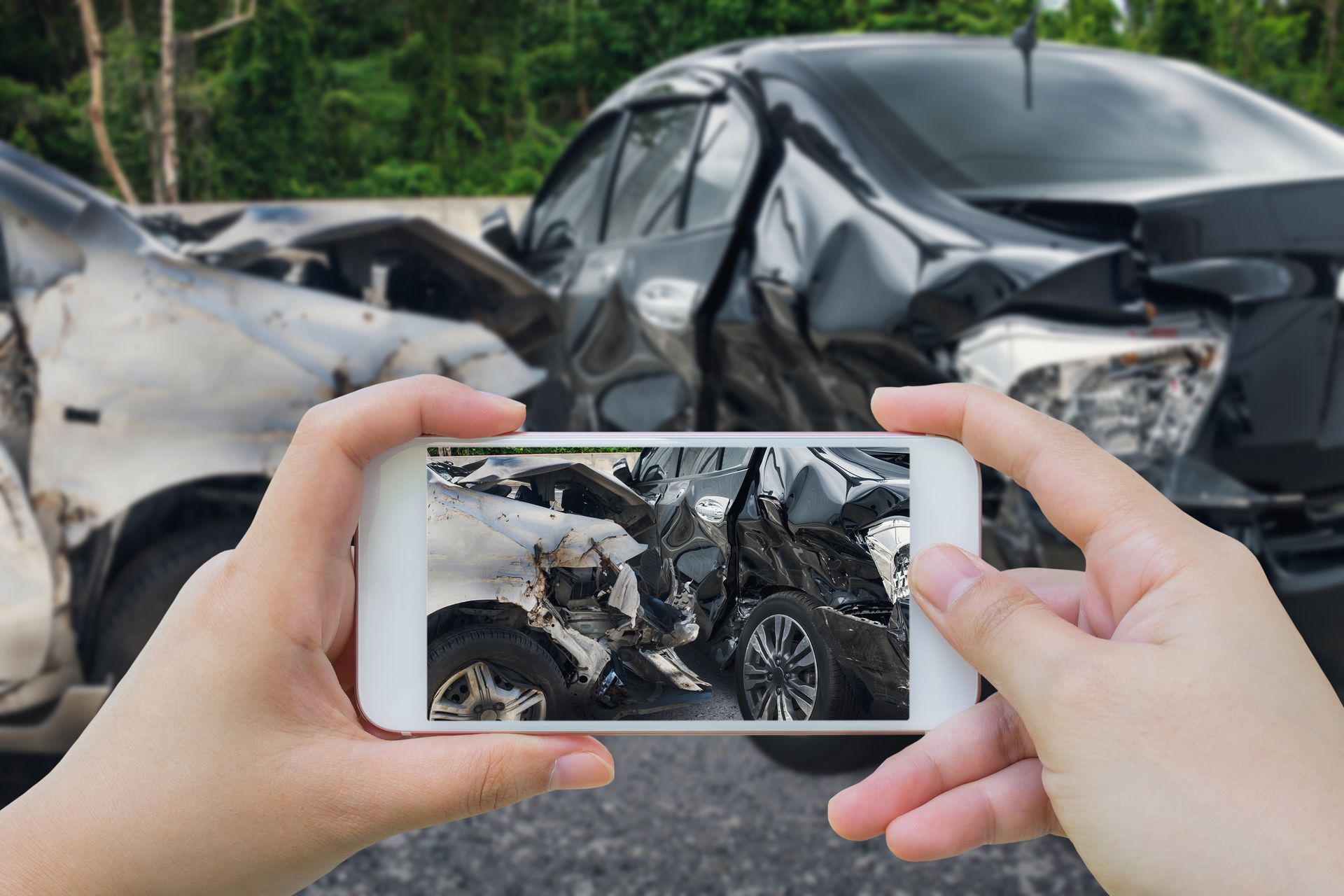
3. Gather Evidence
- Take Photos: Use your phone to take pictures of the accident scene, vehicle damage, and any injuries. Photos provide valuable evidence for insurance claims and legal proceedings.
- Collect Information: Exchange contact and insurance details with the other driver(s). Obtain names, phone numbers, and addresses of any witnesses.
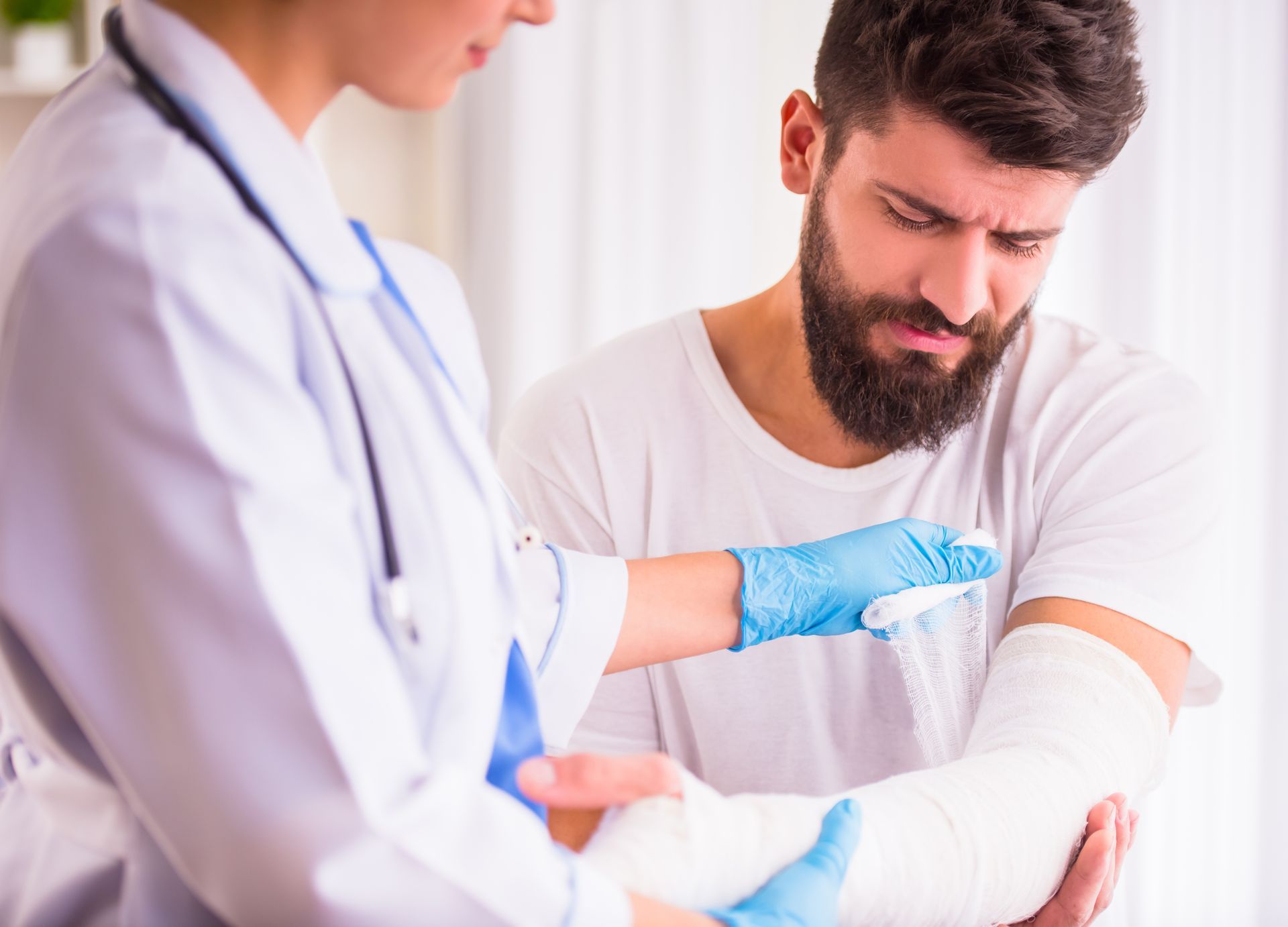
4. Seek Medical Attention
- Get Checked Out: Even if you feel fine, it’s wise to see a doctor. Some injuries might not be immediately apparent, and a medical evaluation can help identify any hidden issues.
- Document Your Injuries: Keep records of any treatments or medical visits related to the accident. This documentation can support your insurance claim and legal case.
4. Seek Medical Attention
- Get Checked Out: Even if you feel fine, it’s wise to see a doctor. Some injuries might not be immediately apparent, and a medical evaluation can help identify any hidden issues.
- Document Your Injuries: Keep records of any treatments or medical visits related to the accident. This documentation can support your insurance claim and legal case.

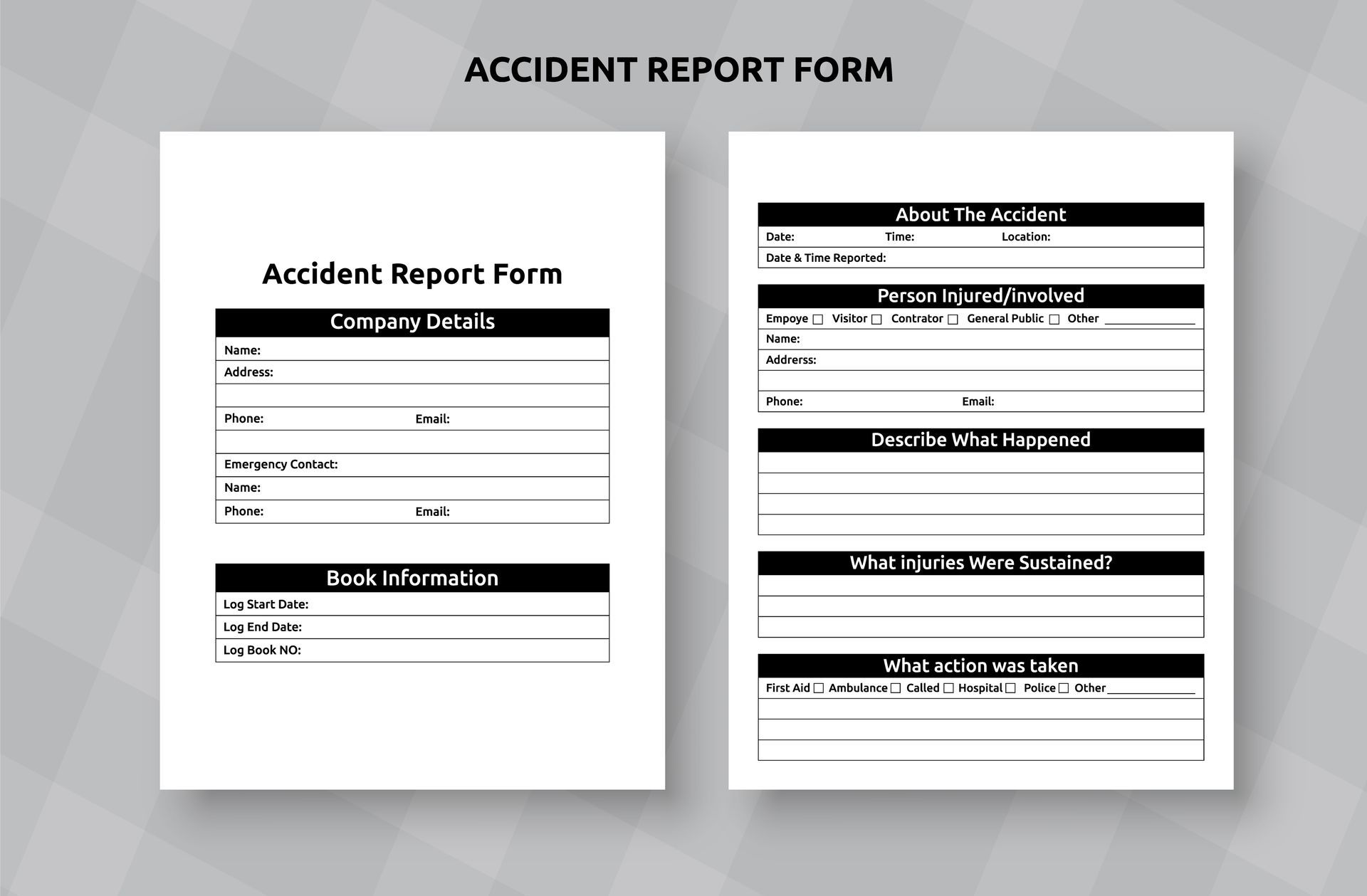
5. Notify Your Insurance Company
- Report the Accident: Contact your insurance provider as soon as possible to report the accident. Provide them with accurate information and cooperate with their investigation.
- File a Claim: Submit any required forms and documentation to process your claim. Your insurer will guide you through the claims process and assess the damages.
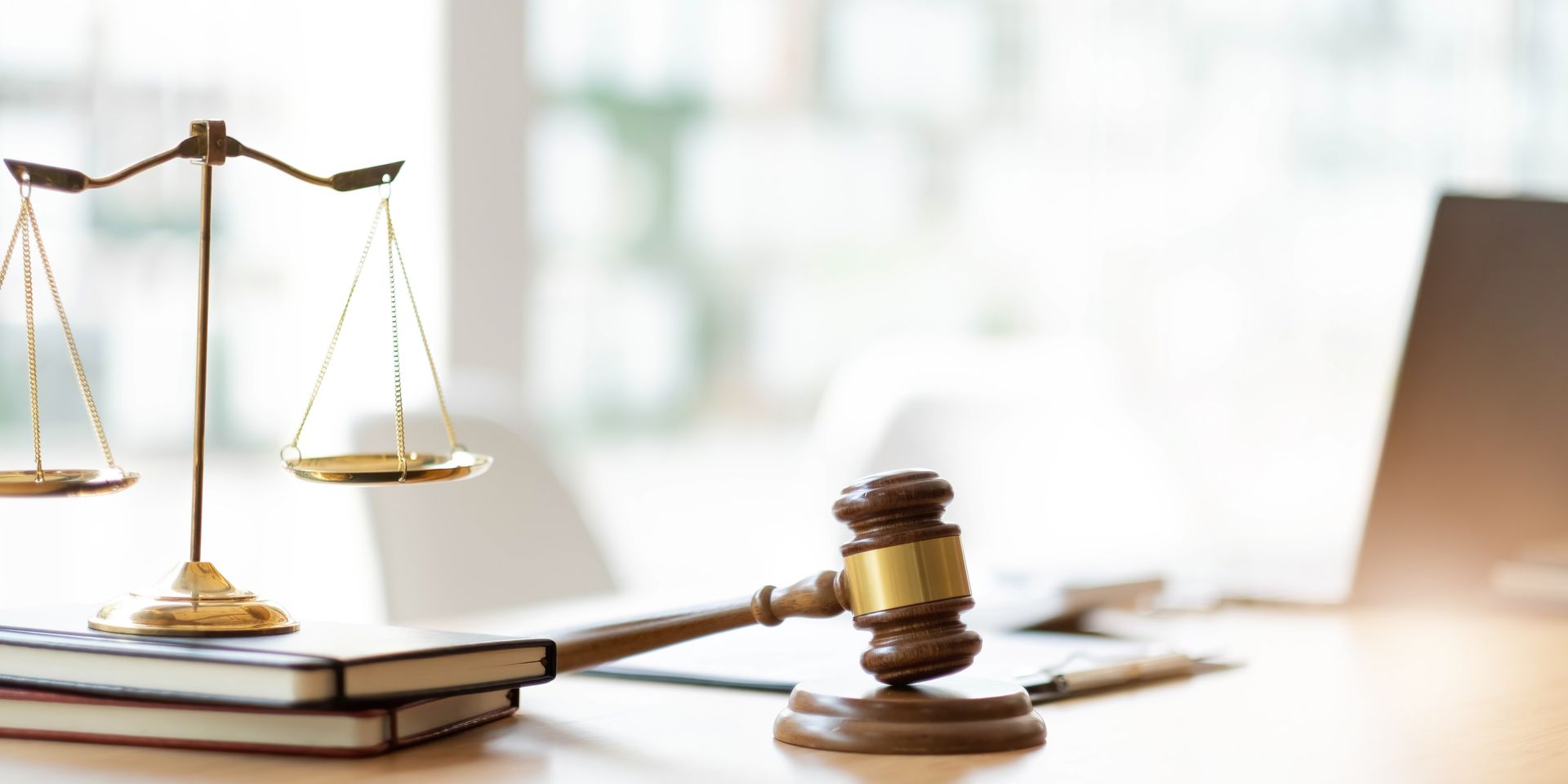
6. Consult a Lawyer
- Consider Legal Advice: If you’re facing significant damage or injuries, consult with a lawyer specializing in car accidents. They can help you understand your rights, negotiate with insurance companies, and represent you in legal matters.
- Seek Expert Guidance: A lawyer can provide valuable insights into handling complex cases, such as those involving disputes or substantial damages.
6. Consult a Lawyer
- Consider Legal Advice: If you’re facing significant damage or injuries, consult with a lawyer specializing in car accidents. They can help you understand your rights, negotiate with insurance companies, and represent you in legal matters.
- Seek Expert Guidance: A lawyer can provide valuable insights into handling complex cases, such as those involving disputes or substantial damages.

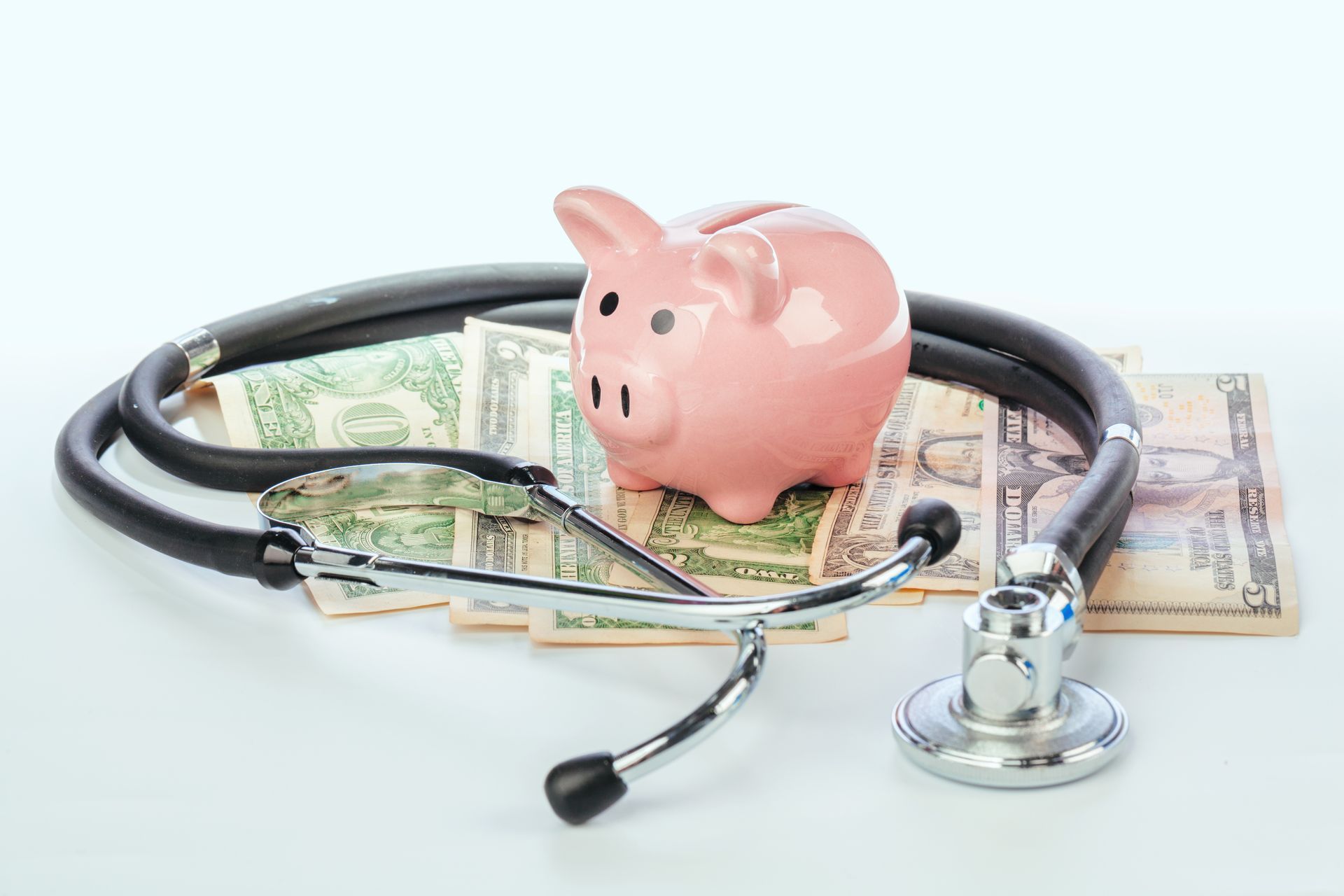
7. Follow Up and Stay Organized
- Track Your Expenses: Keep records of any costs incurred due to the accident, such as medical bills, car repairs, and rental expenses. This information is crucial for insurance claims and legal proceedings.
- Stay in Touch: Maintain communication with your insurance company and lawyer. Respond promptly to requests for information or documentation.
Knowing what to do after a car accident can help you handle the situation calmly and efficiently. By following these steps, you’ll be better prepared to manage the immediate aftermath and ensure that you receive the support and compensation you deserve.
If you need assistance navigating the post-accident process or require legal advice, contact us today.
We’re here to help you through every step and ensure your rights are protected.
Quick & Reliable
We are available 24/7 to Guide You to Better Health.
CALL CHRISTINA NOW is here to help 24 hours a day, 7 days a week, offering free and compassionate support. When you call us, we'll listen to your concerns, understand the specifics of your accident, help you find medical care for your injuries, and connect you with a professional who can advise you on the legal aspects of your situation.
CALL CHRISTINA NOW specializes in assisting with Lawyer and Medical Accident matters. If you've been in a car, motorcycle, or truck accident—or any other kind of accident—contact us today for trustworthy support.
DISCLAIMER:
CALL CHISTINA NOW isn't a law firm and can't provide legal advice, but we can refer you to the right attorney who can.
All Rights Reserved | Call Christina Now
Copyright © Call Christina Now Offers All Rights Reserved 2025
View Our Privacy Policy | Terms & Conditions | Disclaimer
